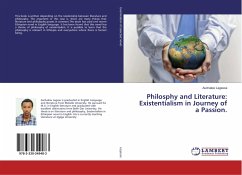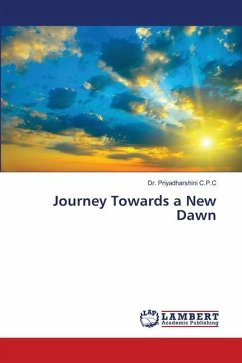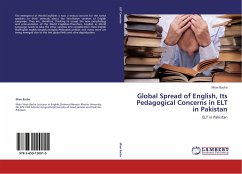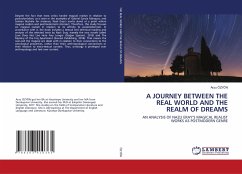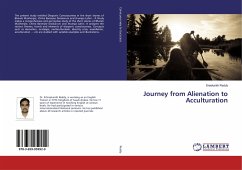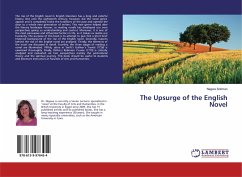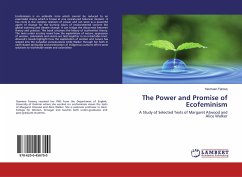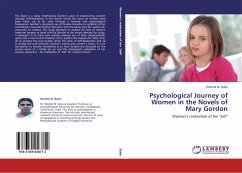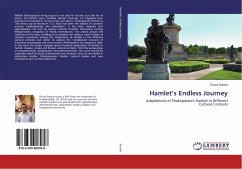
Hamlet's Endless Journey
Adaptations of Shakespeare's Hamlet in Different Cultural Contexts
Versandkostenfrei!
Versandfertig in 6-10 Tagen
49,99 €
inkl. MwSt.

PAYBACK Punkte
25 °P sammeln!
William Shakespeare's intriguing art is not only for all time, but also for all places. He himself never travelled abroad; however, his tragedies have evolved and mutated to fit new times and places. Shakespeare's Hamlet as "the Mona Lisa of literature" (T.S. Eliot) has been the subject of constant scrutiny, mythologizing and adaptation. It has been adapted and appropriated into and by various cultural contexts. Borrowing Ludwig Wittgenstein's metaphor of 'family resemblance,' the author argues the usefulness of his idea, enabling us to examine not simply a small number of common properties am...
William Shakespeare's intriguing art is not only for all time, but also for all places. He himself never travelled abroad; however, his tragedies have evolved and mutated to fit new times and places. Shakespeare's Hamlet as "the Mona Lisa of literature" (T.S. Eliot) has been the subject of constant scrutiny, mythologizing and adaptation. It has been adapted and appropriated into and by various cultural contexts. Borrowing Ludwig Wittgenstein's metaphor of 'family resemblance,' the author argues the usefulness of his idea, enabling us to examine not simply a small number of common properties among the adaptations of Hamlet in the different cultural contexts, but rather to explore the 'complicated network of similarities overlapping and criss-crossing' (Philosophical Investigations,
66). In this work the author analyses seven theatrical adaptations of Hamlet in Turkish, Russian, Arabic and Persian cultural contexts, from the perspectives of postmodernism, globalisation and altermodernism. This work should be especially useful for both professionals and students who are interested in adaptation studies, Shakespearean studies, cultural studies and new movements such as altermodernism.
66). In this work the author analyses seven theatrical adaptations of Hamlet in Turkish, Russian, Arabic and Persian cultural contexts, from the perspectives of postmodernism, globalisation and altermodernism. This work should be especially useful for both professionals and students who are interested in adaptation studies, Shakespearean studies, cultural studies and new movements such as altermodernism.



